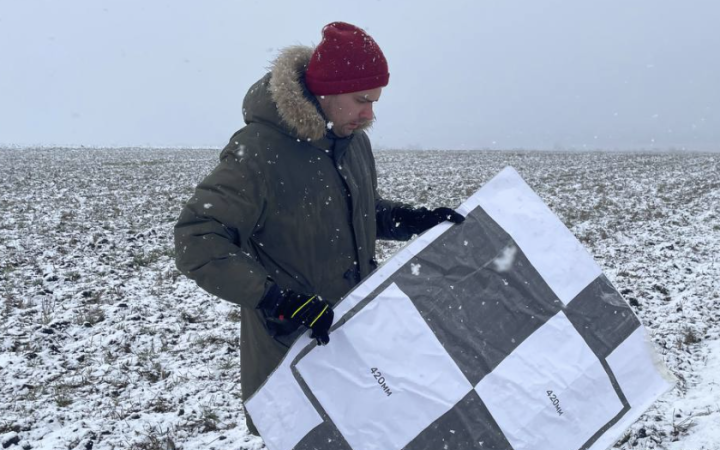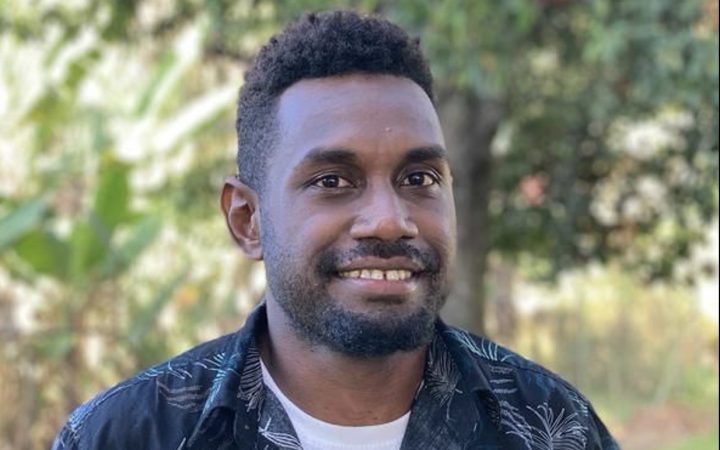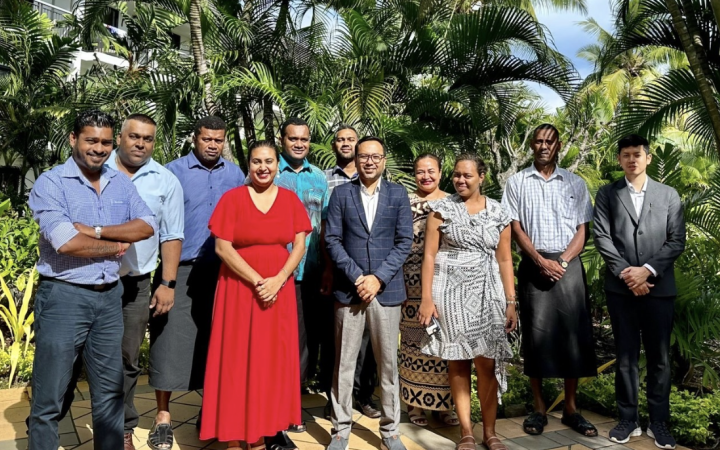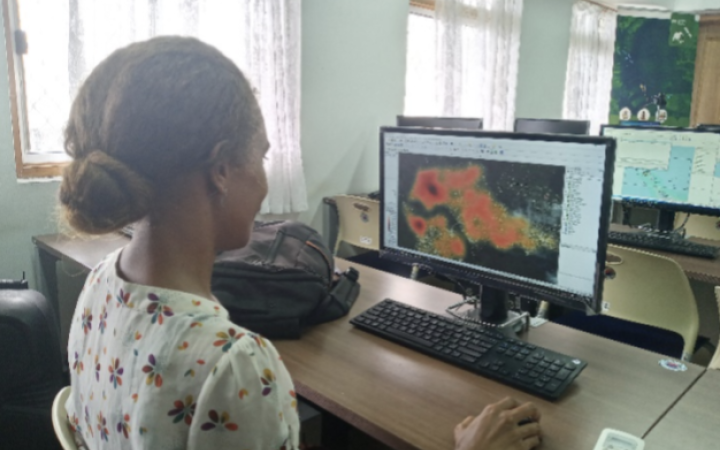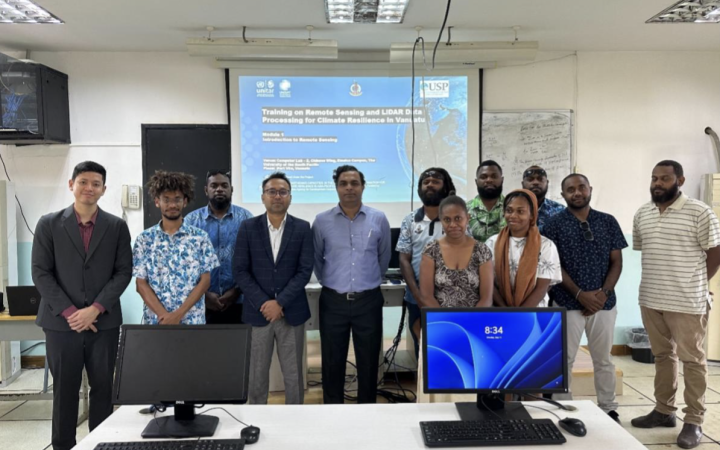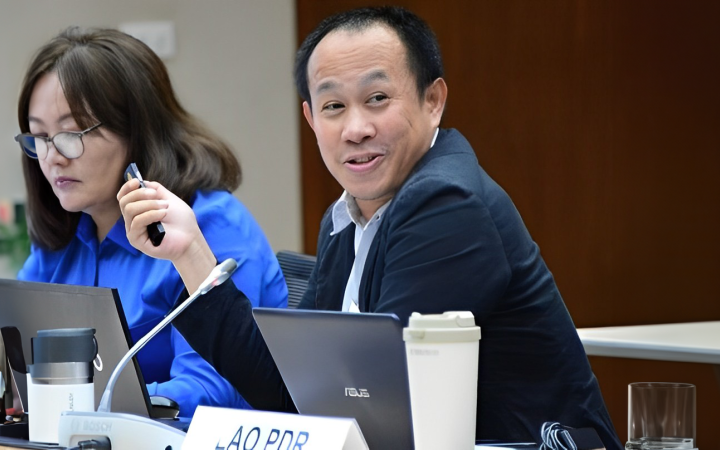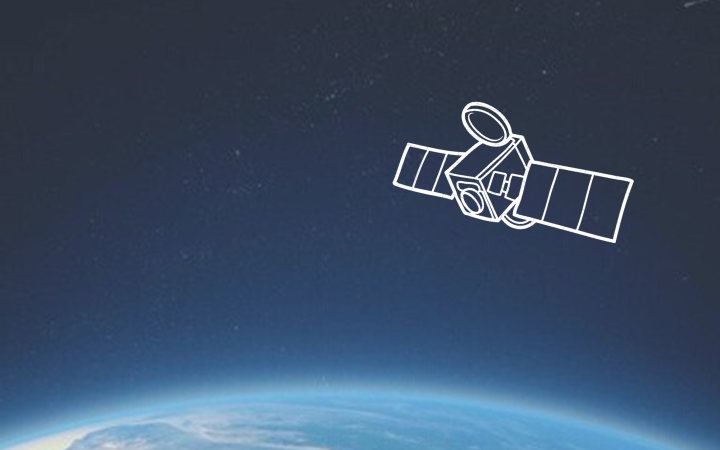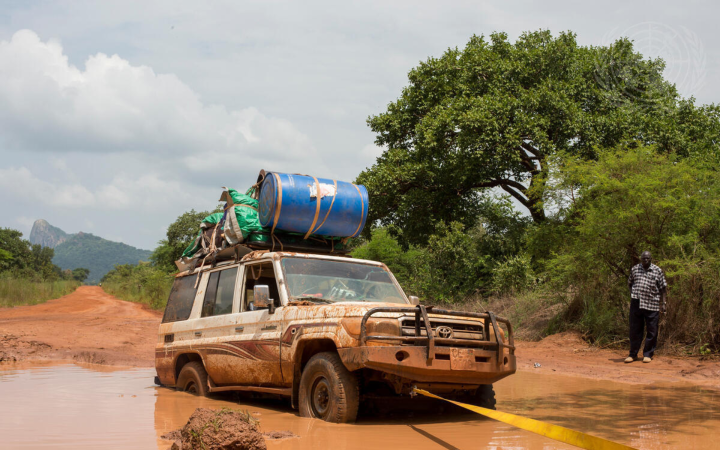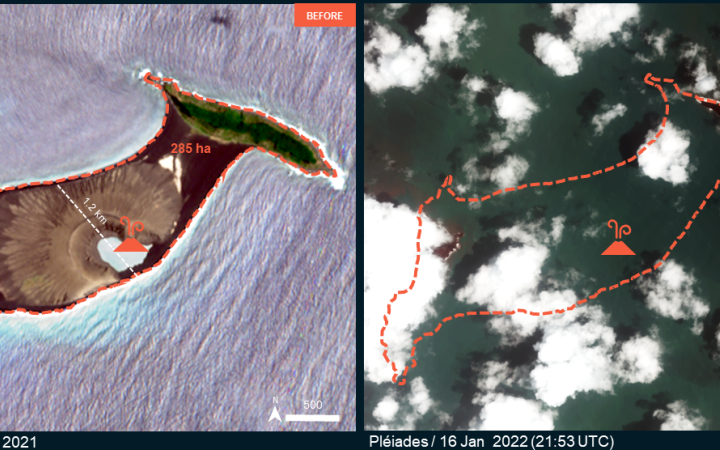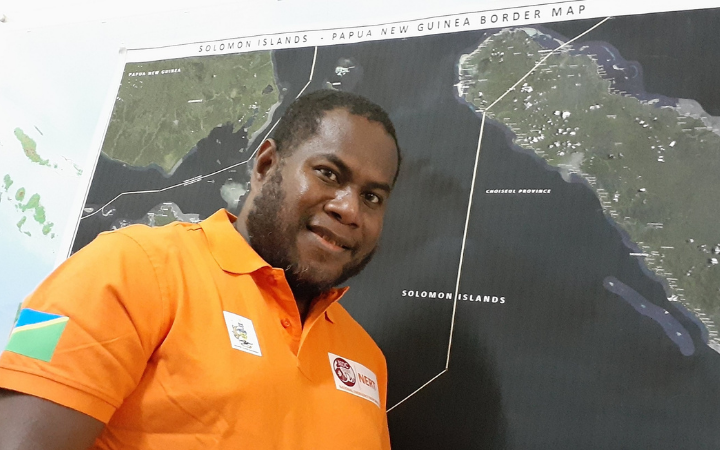Displaying 11 - 20 of 29
Amid the ongoing conflict in Ukraine, professionals like Serhii are expanding their skill set to adapt to new challenges. Serhii, a dedicated architect and a member of the UNESCO country team in Ukraine, shared his insights into his evolving role and the impact of recent training programmes on his work.
Branson Pitakia, Information Technology Officer at the Solomon Islands National Disaster Management Office, illustrates the potential of knowledge and innovation in disaster management. His story shows how geospatial technology can help in disaster preparedness and response, and ultimately protect communities.
At the Fiji Meteorological Service (FMS), Rovil Kumar, a scientific officer specialising in Geographic Information Systems (GIS), coordinates the development of maps and geospatial portals that contribute to Fiji's resilience to extreme weather events. As part of his role, he compiles various maps for climate monitoring, flood mapping, and forecasting of heavy rainfall and tropical cyclones. By doing so, Rovil and his team contribute significantly to Fiji's preparedness and response strategies. To harness the skills to develop these products, Rovil Kumar participated in many trainings conducted by the United Nations Satellite Centre (UNOSAT) over the years, more recently attending the course "Geospatial Training on Flood Susceptibility and Cyclone Exposure Modelling". This training covered fundamentals of QGIS, cyclone mapping, hydrological mapping, and flood modelling using the Height Above Nearest Drainage (HAND) method. The training focused on using this HAND modelling method to perform flash flood vulnerability mapping and tropical cyclone risk mapping.
Fiona Meke, an Assistant Lecturer in the Department of Fisheries Studies at the Solomon Islands National University, is actively engaged in environmental research and conservation efforts in the Solomon Islands and the Pacific region.
Micky Welin's career in disaster risk management (DRM) highlights the intersection of education, proactive initiative, and collaborative efforts in building capacity for disaster preparedness and response. In his capacity as the Planning and Logistics Support Officer at the National Disaster Management Office (NDMO) in Vanuatu, Micky Welin's journey highlights the transformative potential of targeted capacity-building efforts.
During the Twenty-seventh session of the Intergovernmental Consultative Committee (ICC 27) on the Regional Space Applications Programme for Sustainable Development (25 27 July, 2023) which was hosted by the United Nations Economic and Social Commission for Asia and the Pacific (UNESCAP).
10 August 2023, Port Vila, Vanuatu - Vanuatu faces many threats because of climate change – the most visible of which is sea-level rise. While coastal inundation poses great risks to infrastructure, damage can be mitigated through evidence-based planning geospatial information technologies (GIT). Leveraging GIT with new and innovative technologies like drones can assist decision-makers in targeting their country’s most vulnerable sectors and communities, thereby ensuring future resilience.
"With these products, OCHA will be able to make a comparative analysis with previous years. So, if South Sudan experience floods next year, we can look back on those and see what areas were frequently affected by floods in the past and make predictions, which will help us be better prepared to respond instead of waiting until the disaster happens to make some decisions.”
10 June 2022, Geneva, Switzerland - On Saturday 15th January, the ongoing volcanic eruption of Hunga Tonga-Hunga Ha’apai triggered a tsunami across the Pacific. Karen Melnychuck and her sister Laura Jarosz contacted the United Nations Satellite Centre (UNOSAT) with a plea to help them with any information on the island where their mother lived.
“One of the important technical backstopping we’ve received is the lockdown maps which have helped the NDMO’s camp sector committee identify potential quarantine stations.”


